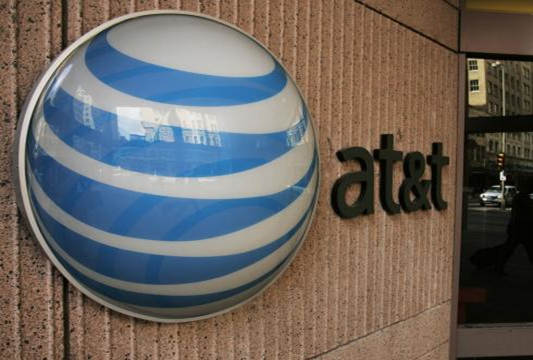No doubt the present age is the era of cellphones, but lovers of traditional landline phones are not yet extinct. A number of people are using traditional landlines for homes and businesses in California. But state lawmakers are going to pull plug on these old telephone services.
“It is my connection to the world,” said Ruthanne Shpinner for whom her landline is her lifeline. But, in the near future, she might lose it.
A bill is being pushed by Shpinner’s phone company, AT&T, to let phone companies in California put an end to traditional landline service.
Customers could keep landlines if they want, but they may use alternate technologies such as voice over internet protocol, or VOIP, says AT&T.
Bill sponsor and San Jose Assemblyman Evan Low put forward that the old copper wires and switching stations used to route land line calls are quite exorbitant in terms of maintenance for a diminishing number of customers. He is of the view that money would rather be spent investing in new telecommunications technology.
“The plain old telephone system known as pots is rapidly approaching irrelevance,” said Low. “We’re modernizing with the times. We liken this from going to analog to digital.”
Mark Toney of the Utility Reform Network is of the view that the change would cause many to lose a trustworthy service in times of emergencies.
“We think it would be an absolute catastrophe. Our first concern is public safety,” said Toney. “The old landline telephone service will operate two weeks without electricity.” He is of the opinion that the substitutes such as cell services or VOIP are not so reliable in times of emergency.
But Ken McNeeley of AT&T holds a different opinion. As per him “The best phone in case of emergency is the phone you have in your hand”
There are state regulators who are against the bill, citing public safety and reliability. Some opponents believe that the real purpose is money.
As per records, AT&T has invested above $750,000 in lobbying at the capitol on a series of recent bills, including Lows AB 2395.
Among all this, the real challenge still remains in convincing people to stop using the traditional landline.
“If it ain’t broke, don’t fix it,” said Shpinner.

